IBEC is looking for SuperFriends like you!
 The Bioengineering Institute of Catalonia (IBEC) presents one of its most special findings: the IBEC SUPER-FRIENDS and SUPER-FRIENDS club, a way of being closer to the best bioengineering, of sharing our passion for curiosity, people and the Health.
The Bioengineering Institute of Catalonia (IBEC) presents one of its most special findings: the IBEC SUPER-FRIENDS and SUPER-FRIENDS club, a way of being closer to the best bioengineering, of sharing our passion for curiosity, people and the Health.
Because there is only one thing better than having a friend: having a SuperFriend
We are already more than 600 people but we are missing you, what are you waiting for to become our SUPERFRIEND?


 The Bioengineering Institute of Catalonia (IBEC) presents one of its most special findings: the IBEC SUPER-FRIENDS and SUPER-FRIENDS club, a way of being closer to the best bioengineering, of sharing our passion for curiosity, people and the Health.
The Bioengineering Institute of Catalonia (IBEC) presents one of its most special findings: the IBEC SUPER-FRIENDS and SUPER-FRIENDS club, a way of being closer to the best bioengineering, of sharing our passion for curiosity, people and the Health.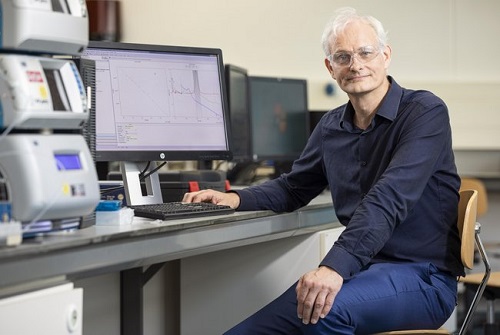
 Polymer chemist Jan van Hest was awarded last June 19th the Spinoza Prize, the highest distinction in Dutch science. Van Hest’s activities include the development of artificial cells and nanomedicines.
Polymer chemist Jan van Hest was awarded last June 19th the Spinoza Prize, the highest distinction in Dutch science. Van Hest’s activities include the development of artificial cells and nanomedicines. 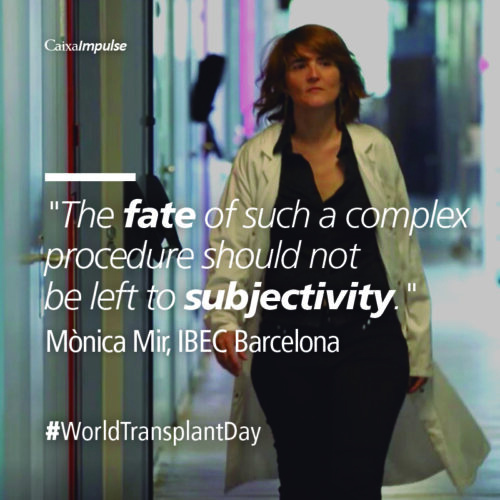
 Dr. Mònica Mir, researcher at the Nanobioengineering Group at IBEC and leader of the Caixa Impulse funded project ISCHEMSURG, explained on World Transplant Day how this electrochemical sensor can monitor ischemia in transplanted tissue thus, improving transplant patients’ quality of life.
Dr. Mònica Mir, researcher at the Nanobioengineering Group at IBEC and leader of the Caixa Impulse funded project ISCHEMSURG, explained on World Transplant Day how this electrochemical sensor can monitor ischemia in transplanted tissue thus, improving transplant patients’ quality of life.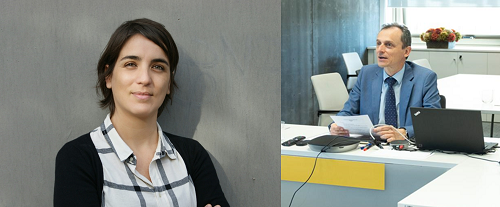
 Nuria Montserrat, Group Leader at IBEC and ICREA Research Professor, meets with the Minister of Science and Innovation, Pedro Duque, to present her ACE2-ORG project, which seeks, by using organoids generated from bioengineering techniques, possible therapeutic solutions against the SARS-CoV-2 virus.
Nuria Montserrat, Group Leader at IBEC and ICREA Research Professor, meets with the Minister of Science and Innovation, Pedro Duque, to present her ACE2-ORG project, which seeks, by using organoids generated from bioengineering techniques, possible therapeutic solutions against the SARS-CoV-2 virus.
 The Institute for Bioengineering of Catalonia (IBEC) is the first research center to take part in the “Creative talent and Business” initiative launched by the Catalan Government.
The Institute for Bioengineering of Catalonia (IBEC) is the first research center to take part in the “Creative talent and Business” initiative launched by the Catalan Government. 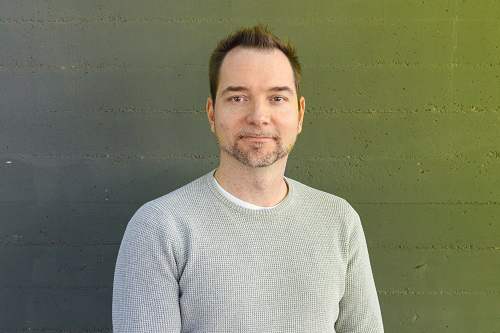
 An international committee has elected Samuel Sánchez, the European referent in nanomotors, as one of the new 13 researchers, among 185 candidates, who will be a member of the Young Academy of Spain.
An international committee has elected Samuel Sánchez, the European referent in nanomotors, as one of the new 13 researchers, among 185 candidates, who will be a member of the Young Academy of Spain.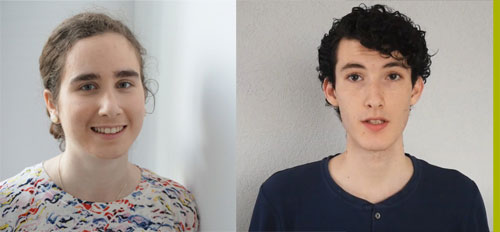
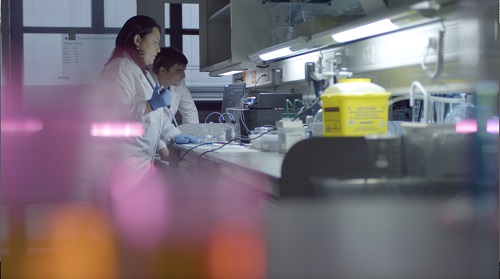
 Bioengineering is a core discipline for the medicine of the future, and Europe knows that. Proof of this is that the European Union (EU) has granted during the last months the coordination of three European projects to the Institute for Bioengineering of Catalonia (IBEC) to continue combining medicine, science and technology with the aim of improving people’s health.
Bioengineering is a core discipline for the medicine of the future, and Europe knows that. Proof of this is that the European Union (EU) has granted during the last months the coordination of three European projects to the Institute for Bioengineering of Catalonia (IBEC) to continue combining medicine, science and technology with the aim of improving people’s health. 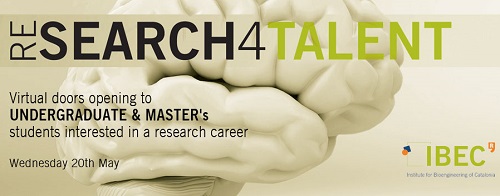
 Fifty undergraduate and master students attended this year’s reSearch4Talent, this is the sixth time we’ve opened our doors to young scholars interested in a scientific career, but this time, virtually.
Fifty undergraduate and master students attended this year’s reSearch4Talent, this is the sixth time we’ve opened our doors to young scholars interested in a scientific career, but this time, virtually.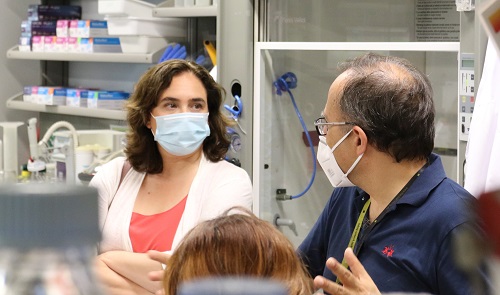
 The Mayor of Barcelona, Ada Colau, visited IBEC facilities last Friday to learn, by our Director and a group of researchers, how bioengineering can help find solutions to health problems such as COVID19, cancer, or degenerative diseases.
The Mayor of Barcelona, Ada Colau, visited IBEC facilities last Friday to learn, by our Director and a group of researchers, how bioengineering can help find solutions to health problems such as COVID19, cancer, or degenerative diseases.